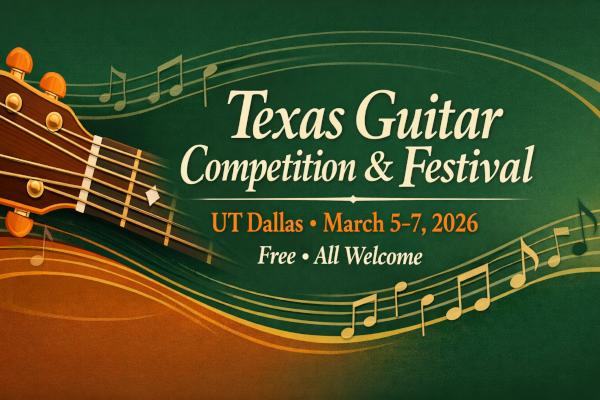Great Novelists vs. Amateurs: What's the difference?
Posted on 2025-02-28 13:02
The writing style of great novel authors differs from that of amateurs in several key ways, including depth of storytelling, mastery of language, and nuanced character development. Here are some distinguishing factors:
1. Narrative Depth and Complexity
Great Authors: Construct layered, intricate plots that unfold naturally, weaving multiple themes and subplots seamlessly.
Amateurs: May rely on predictable or linear storytelling without depth, leading to a lack of engagement.
2. Character Development
Great Authors: Create multi-dimensional characters with realistic motivations, internal conflicts, and growth arcs.
Amateurs: Often write flat or stereotypical characters who lack complexity.
3. Use of Language and Style
Great Authors: Have a distinctive voice, using precise, evocative language that enhances mood, theme, and character.
Amateurs: Might use cliché phrases or lack consistency in tone and voice.
4. Show, Don’t Tell
Great Authors: Use sensory details, dialogue, and action to reveal emotions and themes subtly.
Amateurs: Tend to over-explain, telling readers what to feel rather than letting them experience it.
5. Dialogue Realism
Great Authors: Write dialogue that feels natural and drives the plot forward.
Amateurs: Often have characters speak in an unnatural or expository way.
6. Pacing and Structure
Great Authors: Understand how to control pacing, knowing when to slow down for reflection and when to increase tension.
Amateurs: May struggle with erratic pacing—either rushing through or dragging out unnecessary details.
7. Symbolism and Subtext
Great Authors: Weave themes and symbolism organically, allowing deeper meanings to emerge subtly.
Amateurs: Often state themes overtly or fail to integrate them meaningfully.
8. Editing and Refinement
Great Authors: Revise rigorously, ensuring every word serves a purpose.
Amateurs: May not edit thoroughly, leaving inconsistencies and weak phrasing.
9. Emotional Resonance
Great Authors: Create moments that feel authentic and emotionally impactful.
Amateurs: Might force emotions, leading to melodrama rather than genuine feeling.
10. Originality and Risk-Taking
Great Authors: Push boundaries, experiment with form, and challenge conventions while maintaining coherence.
Amateurs: May imitate popular styles without injecting a unique perspective.
Great novelists master both the **art and craft of storytelling**, while amateurs are often still developing these skills.
This post has been viewed 372 times.
Comments
0 comments
- No comments yet.
